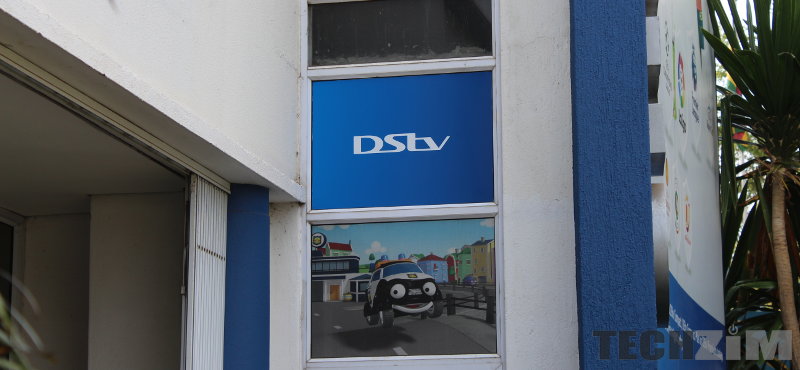We all are familiar with DStv, the pay-TV service provider we have a love hate relationship with. DStv is part of the Naspers group and unfortunately for Naspers, DStv is not contributing enough to group profits. Fortunately for Naspers their other investments are coming through.
Naspers made the investment of the century when they bought a 33% stake in Tencent back in 2001. They bought that stake for $32m and today that stake is worth $128 billion. That is a 4000% increase in only about 16 years.
That investment in particular has been carrying Naspers especially in the last two years. The Naspers group has interest in video, media, internet and more sectors. However were it not for the Tencent investment the group would have posted operating losses for the last two years.
If we strip out Tencent’s numbers, Naspers has been bleeding cash in its core operations for two straight years. Unless it can show earnings from other holdings can outpace those from Tencent, investors may think it just got lucky.
The video entertainment division is struggling. DStv is facing increased competition in the form of the internet and new players in the pay-TV space like StarTimes and Kwese. Naspers, in their annual report said this about DStv’s struggles,
Muted economic growth across sub-Saharan Africa has resulted in the toughest operating conditions in over two decades for the video-entertainment business, driven by lower commodity prices, drought, political uncertainty and currency volatility.
From 2016 to 2017 the video entertainment’s revenues fell a whopping 53%, from $610m to $287m. It is difficult to see the video entertainment recovering in the next period as competition intensifies even further. With the emergence of cheaper alternatives coupled with the economic challenges in Africa, people are more willing to compromise on quality.
DStv may be priced more competitively but that again eats into the already dwindling profits because that will not guarantee a significant increase in customers. The challenge of receiving payment in weak local currencies whilst having to acquire content in USD is harder to solve. Of course they could just refuse to accept local currencies across Africa like they are doing in Zimbabwe.
In light of this, the Tencent investment takes on more importance to the group. Tencent is performing extremely well and now that investment in Tencent is worth 27 percent more than the Naspers’ entire market capitalisation.
Investors are not too confident in Naspers’ directors’ vision and now suspect the Tencent investment was due to luck and not foresight. This is because since then there haven’t been any other meaningful investments even as core operations began to struggle.
